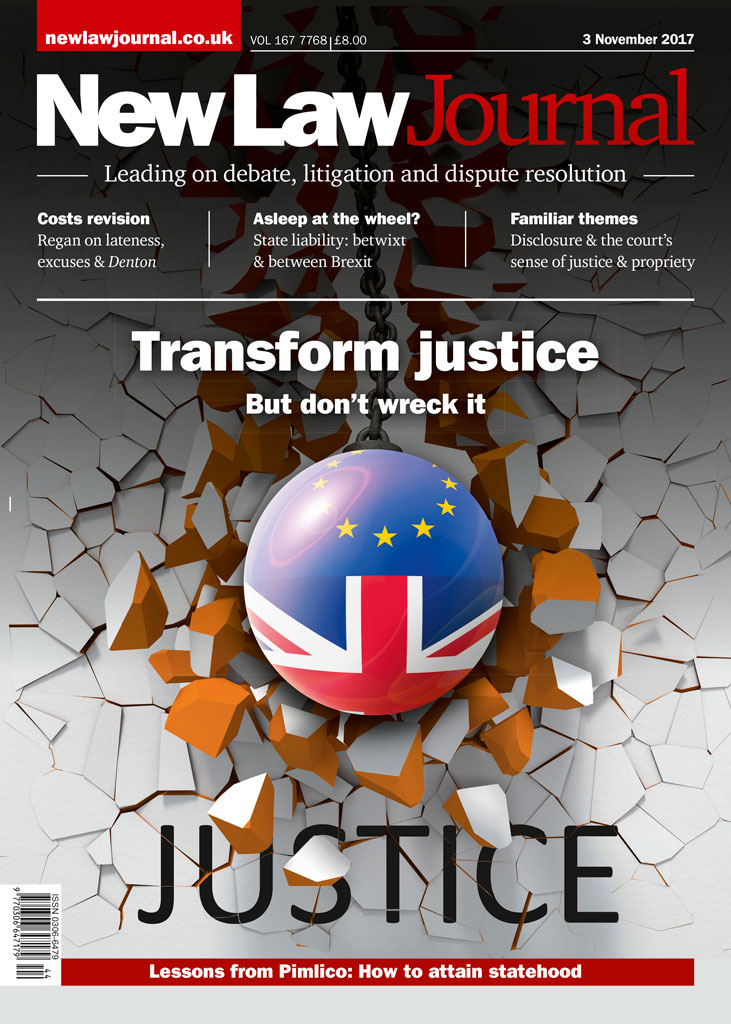
Live links do not work, sound or vision drops, video is ‘hopeless’ where defendants have language difficulties, and defendants are uncommunicative or take out their anger with ‘a face on the screen’. Writing in this week’s NLJ, Roger Smith, former director of Justice, describes some of the problems with the criminal court digitalisation process, and backs charity Transform Justice’s report into the state of digitalisation. Transform Justice has called for the government’s digitalisation process to be stopped. Smith calls on the senior judiciary to add their voices so the process can be paused pending further research.










